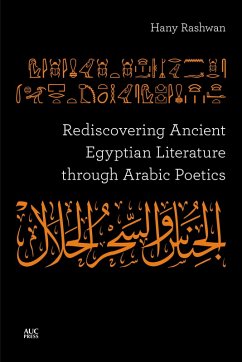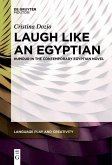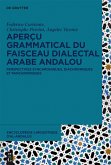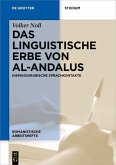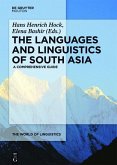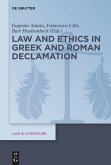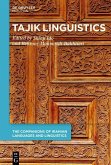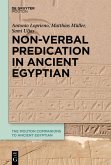A groundbreaking study of the relationship between ancient Egyptian literary devices and their Arabic counterparts
This book is the first of its kind to thoroughly and systematically compare ancient Egyptian and Arabic literary devices. Hany Rashwan compares the stylistic Arabic literary device of jinas, or word play, a key literary device pervading medieval and modern Arabic poetry, literary prose, songs, and proverbs, with its counterpart in ancient Egyptian. Through the deployment of Arabic literary and critical methods he therefore makes possible the rediscovery of ancient literary register and tone in a way that has eluded Western scholarship. Since Arabic, along with other Semitic languages, such as Hebrew and Akkadian, belongs, like ancient Egyptian, to the Afro-Asiatic linguistic phylum, this vital study also proposes an Arabic-based textual analytic method as a viable comparative critical method for working across these kindred languages.
Rediscovering Ancient Egyptian Literature through Arabic Poetics offers a groundbreaking postcolonial perspective on Egyptological method and theory by challenging the use of Eurocentric literary theories, terms, and concepts, and refreshing the study of ancient Egyptian and Arabic poetics. This innovative approach also speaks to, and challenges, a broader audience, including scholars of comparative poetics, comparative literature, world literature, Arabic poetics, and constructive rhetoric.
This book is the first of its kind to thoroughly and systematically compare ancient Egyptian and Arabic literary devices. Hany Rashwan compares the stylistic Arabic literary device of jinas, or word play, a key literary device pervading medieval and modern Arabic poetry, literary prose, songs, and proverbs, with its counterpart in ancient Egyptian. Through the deployment of Arabic literary and critical methods he therefore makes possible the rediscovery of ancient literary register and tone in a way that has eluded Western scholarship. Since Arabic, along with other Semitic languages, such as Hebrew and Akkadian, belongs, like ancient Egyptian, to the Afro-Asiatic linguistic phylum, this vital study also proposes an Arabic-based textual analytic method as a viable comparative critical method for working across these kindred languages.
Rediscovering Ancient Egyptian Literature through Arabic Poetics offers a groundbreaking postcolonial perspective on Egyptological method and theory by challenging the use of Eurocentric literary theories, terms, and concepts, and refreshing the study of ancient Egyptian and Arabic poetics. This innovative approach also speaks to, and challenges, a broader audience, including scholars of comparative poetics, comparative literature, world literature, Arabic poetics, and constructive rhetoric.
Dieser Download kann aus rechtlichen Gründen nur mit Rechnungsadresse in A, D ausgeliefert werden.

